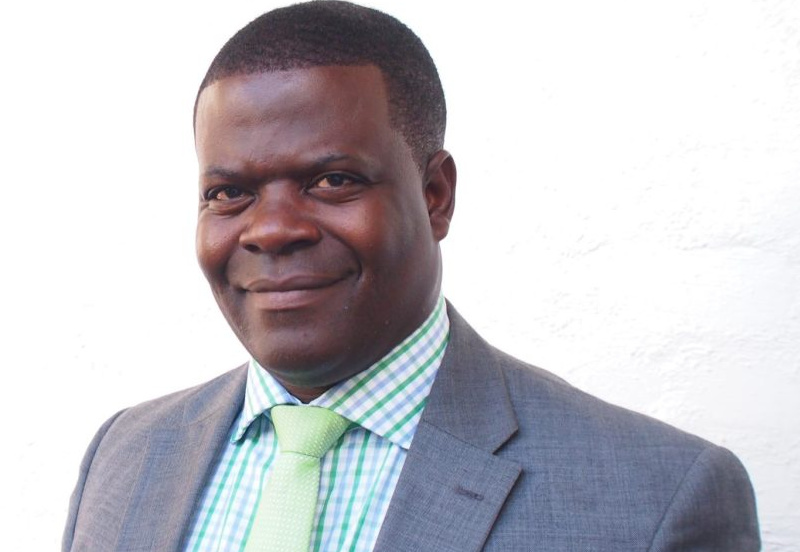By Thabani Zwelibanzi
Zimbabwe has finally made good on its promise to pay US$10 million to South Africa’s Eskom, almost a week after a cabinet minister claimed to have made the payment, a claim that was promptly denied by the neighbouring country’s power utility.
Energy minister Fortune Chasi last Wednesday said Zimbabwe had paid the money, but Eskom, which is financial trouble, denied that it had received the payment.
The government has since resorted to the unusual step of posting the telegraphic transfer on social media as proof that it had paid US$10 million to Eskom.
Finance minister Mthuli Ncube told parliament on Monday that the payment to Eskom would be done before the end of the day.
He explained that due to government bureaucracy, the payment had been “processed” but had not been completed and that the whole process could take up to seven days.
Ncube said this could have led to confusion that the payment had been done last week.
“There is a process in government … there is a point where a budget is released and authorised and payment is done,” he said. “When a budget is released, from the minister’s perspective, a payment is done.”
Chasi had said the payments — US$10 million to Eskom and another ZW$20 million paid to ZESA that was owed by the government departments — would help alleviate power problems that the country was facing.
But the South African power utility has advised caution and the payment not necessarily lead to Zimbabwe importing electricity from the neighbouring country.
“Once Eskom has received the funds, we will enter into further discussions with ZESA,” Eskom’s group chief executive officer, Phakamani Hadebe said in a statement last Friday.
Eskom is owed more than R10 billion by South African municipalities and this is affecting its operations
Before the payment, Zimbabwe owed Eskom US$33 million. Zimbabwe also owes Mozambique’s Hydro Cahora Bassa US$37 million.
Zimbabwe is experiencing massive power shortages that have seen some residential and industrial areas going for as much as 18 hours without electricity.
The situation is further compounded by dwindling water supplies at Lake Kariba, which have reduced the amount of hydro-electricity that Zimbabwe and Zambia can produce.
Adding insult to injury is that Hwange Power Station suffers from regular breakdowns, worsening the electricity deficit.
As of Sunday, ZESA reported that Zimbabwe was 1 200MW, far short of 1 700MW needed per day to keep the lights on and industry going.
To augment production, ZESA has had to rely on imports from Mozambique and South Africa.
The latest round of power shortages exposes the government’s failure to invest in electricity generation initiatives over the past decades.

